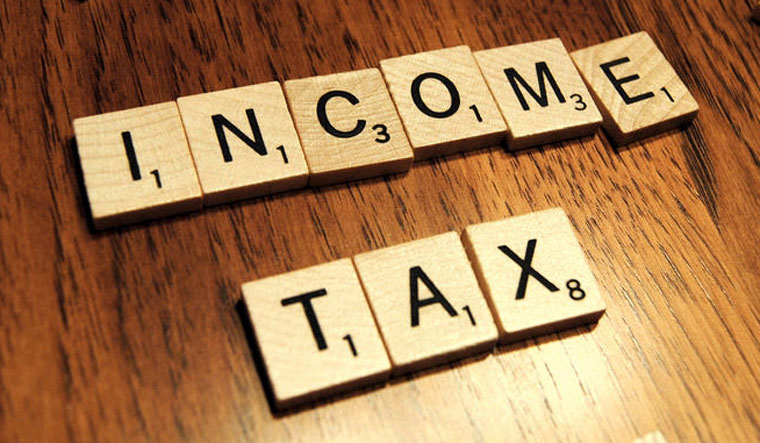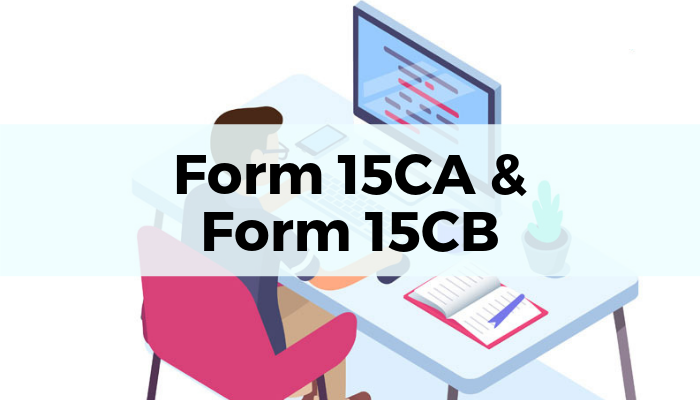Those following a cash system could argue that interest is to be taxed only on withdrawal
Interest on employee contribution to provident fund (PF), hitherto exempt, was made taxable vide the Finance Act, 2021, on contributions exceeding a prescribed threshold of ₹2.5 lakh ( ₹5 lakh in cases where there is no contribution by the employer) in any financial year (FY). The objective of Budget 2021 was to limit the exemptions granted with respect to the accumulated balance payable to an employee.
The much-awaited method of calculation of this interest was notified by tax authorities on 31 August.
The newly prescribed rule requires maintenance of separate accounts within PF, for non-taxable contributions and taxable contributions. The non-taxable contributions would be the aggregate of the closing balance of the account as on 31 March 2021 and the contributions made during the FY and subsequent FYs up to the prescribed threshold and would also include any interest accrued on the above but as reduced by any withdrawal(s). The taxable contribution would include contributions during the year and subsequent FYs in excess of the prescribed threshold and the interest accrued on the same as reduced by withdrawal(s).
While this notification has given some clarity, there are still some open questions.
One critical aspect is: What is the point of taxability? Will this interest be taxable at the time of accrual or credit into the account, or at the time of withdrawal from the PF account? What is the possibility that the PF authorities would withhold the taxes on such taxable portion, and at what point in time?
While clarity is awaited, applying general principles, individuals following the mercantile system of accounting on a regular consistent basis may have to offer the interest to tax on accrual basis in the financial year in which it arises. Such individuals will have to track the interest offered to tax so that the same is not doubly taxed at the point of withdrawal.
Others following a cash system could argue that the interest is to be taxed only on receipt on withdrawal in the future. Maintaining books of accounts could help substantiate the method of account at the time of assessment.
Typically, the PF interest rate is announced and the interest is credited after the close of the tax year. Hence, this could pose another challenge in ascertaining the interest credit to be considered for taxation.
One of the possible views is to consider the interest rate according to the rate declared for the prior year and the shortfall or excess if any on credit of interest could be considered at the time of filing of the return or revised return.
Employees may also choose to either declare the taxable interest portion to the employer, who would then consider the same for the purposes of tax withholding or pay the taxes on the same by way of advance tax or self-assessment tax at the time of filing the return.
Employer-managed PF trusts could also face challenges. The responsibility of maintaining separate accounts for taxable and non-taxable contributions, and the requirement for tax withholding, in cases where applicable, would fall upon the trust.
Budget 2021 and the recent notification seek to limit the exemption granted to employees earning an annual salary exceeding approximately ₹40 lakh (assuming 50% of total salary to be PF wages) and parking huge funds in PF. It is clear that the intent is not to tax those in the lower employment income brackets. One would need to wait and watch how the same is administered.
Source: livemint.com
***
Follow us for free tax updates : facebook Twitter
Subscribe to our portal and get FREE Tax e-books, quality articles and updates on your e-mail.
Resolve your GST queries from national level experts on GST free of cost.
TW Editorial Team comprises of team of experienced Chartered Accountants and Advocates devoted to spread the knowledge of GST amongst the various stakeholders.



